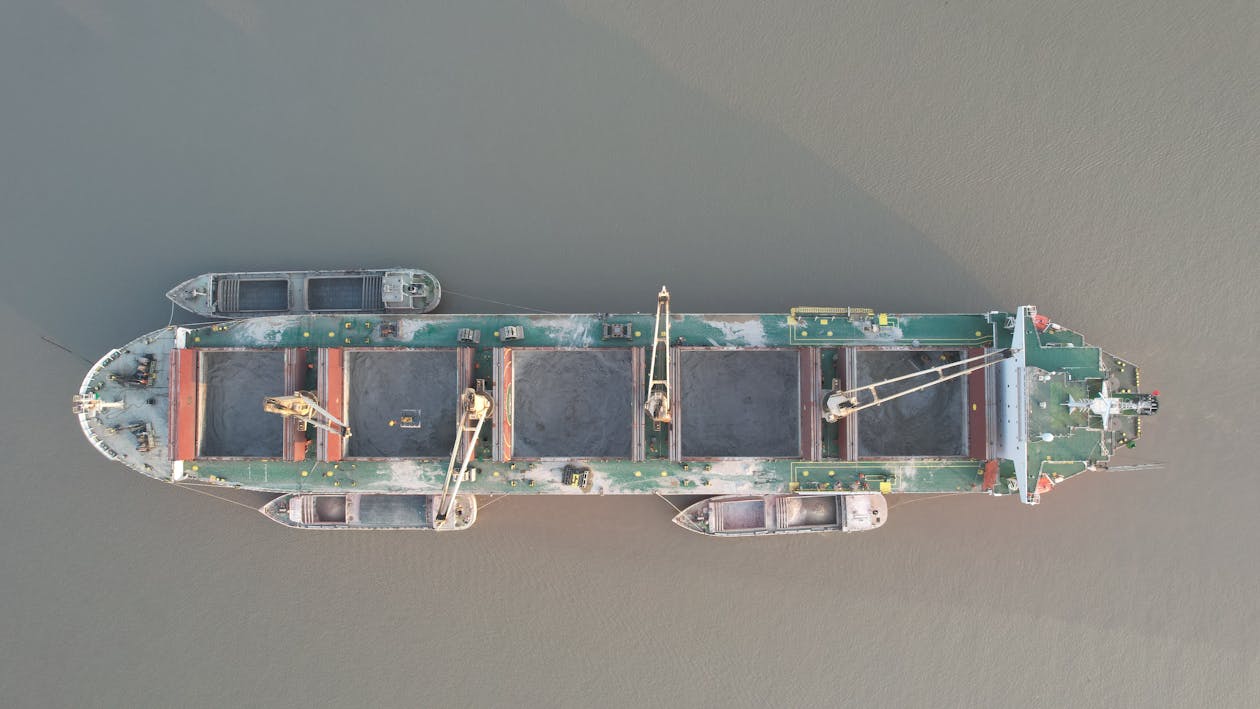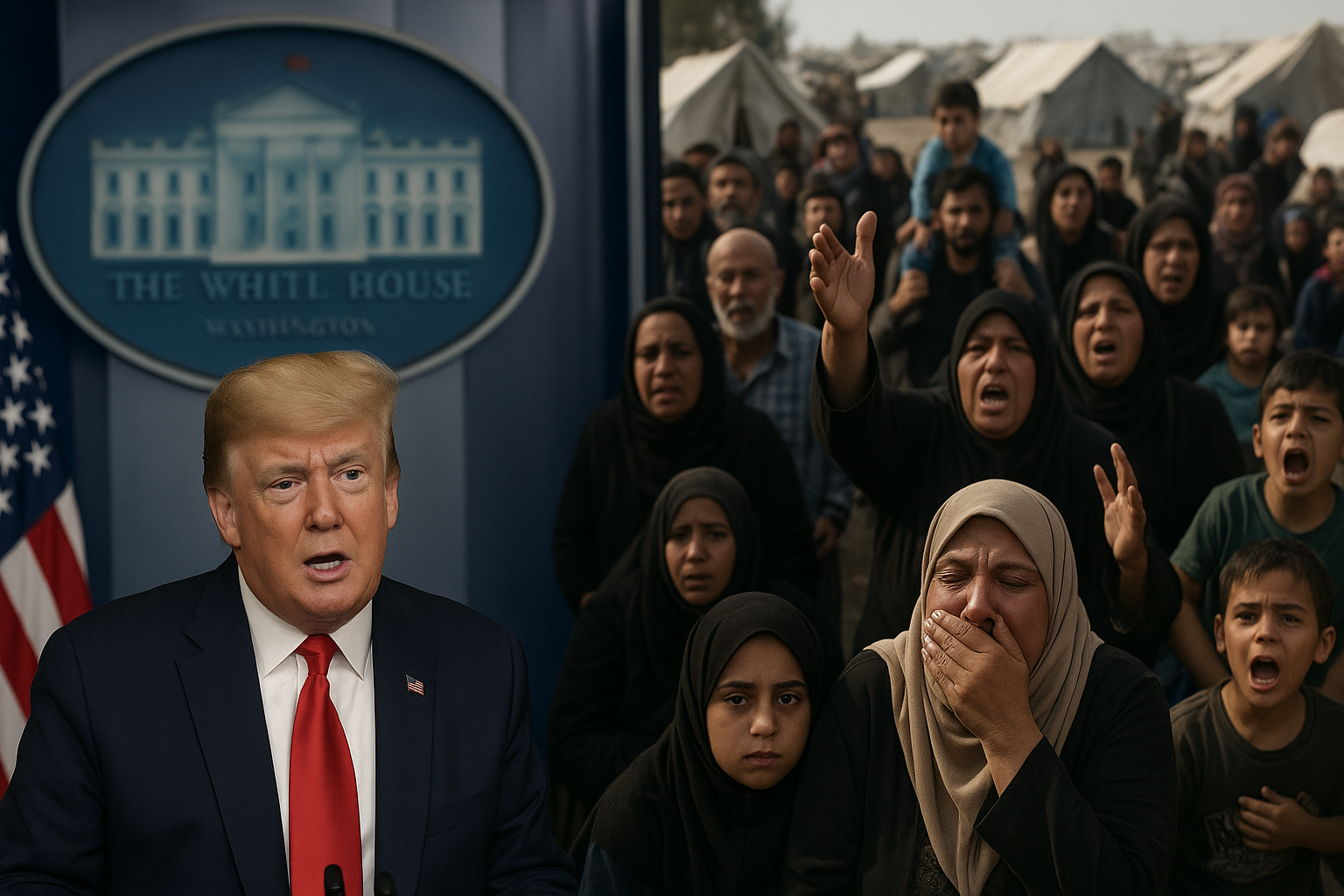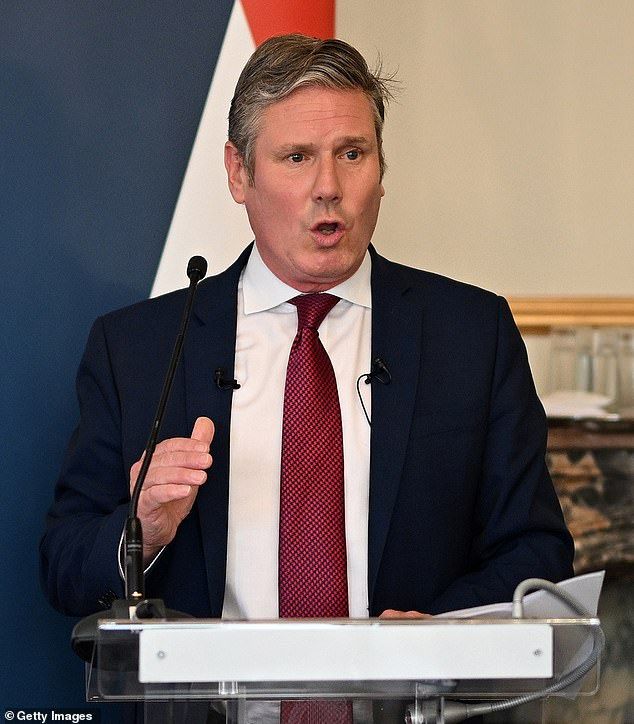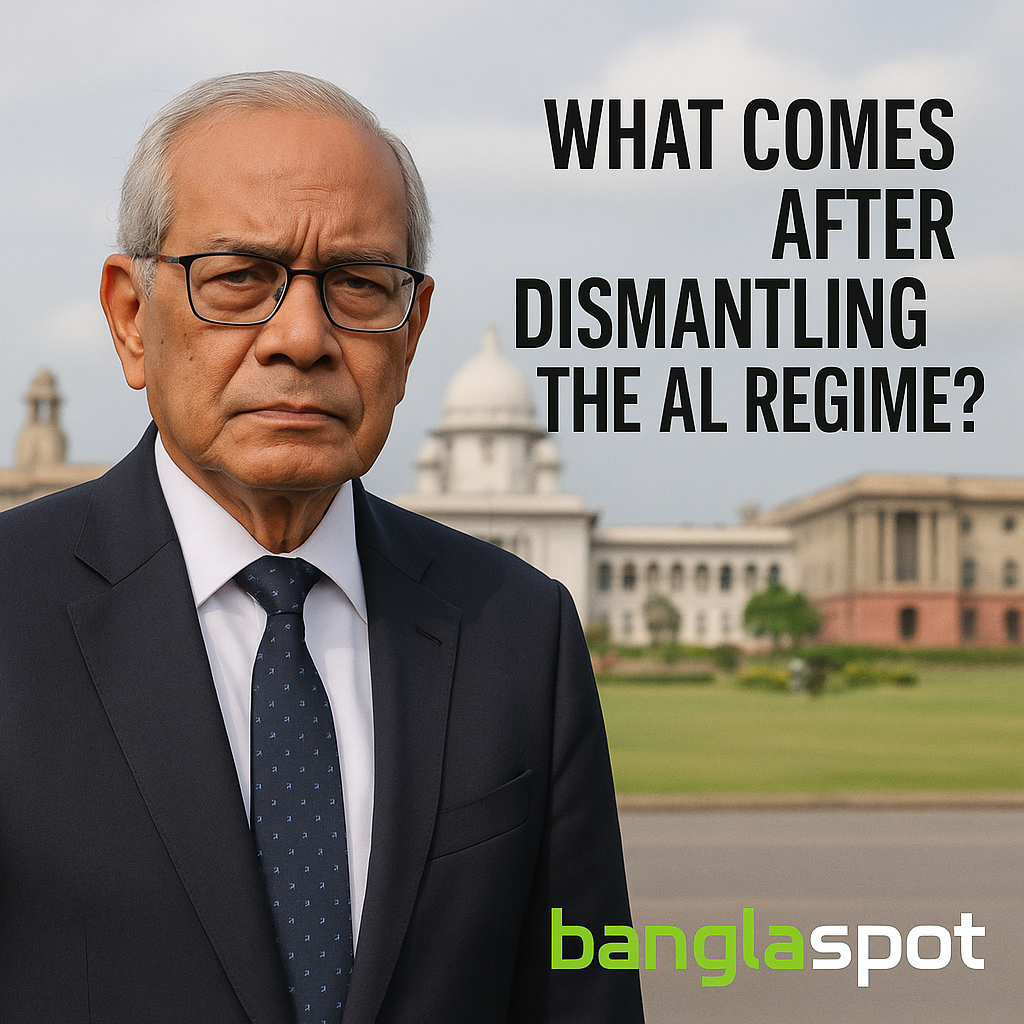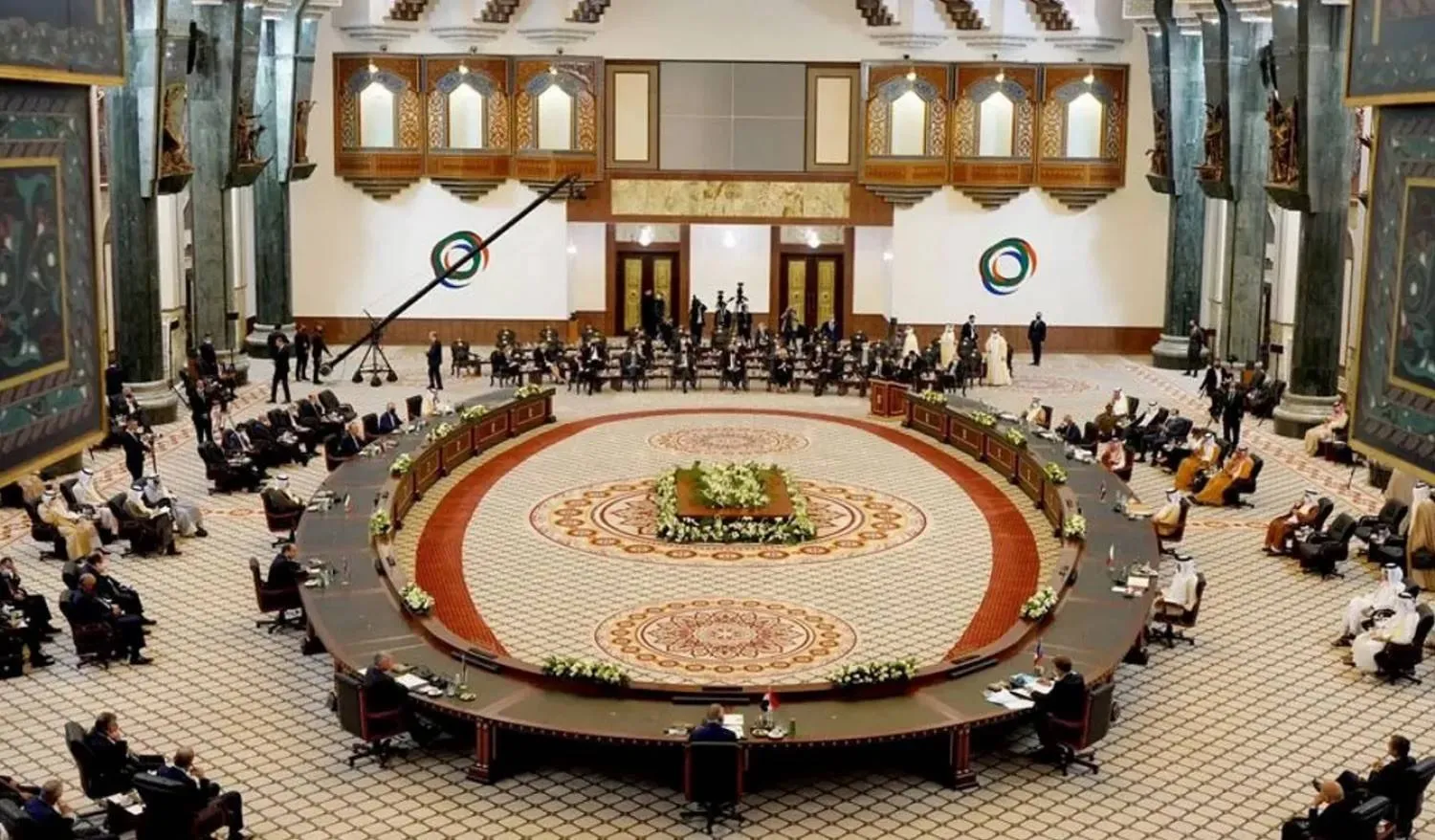
Baghdad, May 17, 2025 — The 34th Arab League Summit officially commenced today in Baghdad, Iraq, marking a significant diplomatic event aimed at addressing key regional challenges and strengthening Arab unity.
The summit is hosted by Iraq’s President Abdul Latif Rashid, with participation from leaders of 22 member states. The gathering comes at a time of heightened tensions in the Middle East, with urgent topics like the Palestinian crisis, regional security, and counter-terrorism strategies dominating the agenda.
Key Highlights of the Arab League Summit 2025:
-
Palestinian Issue Tops Agenda: Member states are expected to adopt a unified stance on the ongoing situation in Palestine, with a focus on condemning occupation and supporting a two-state solution.
-
Regional Security & Stability: Discussions will address collective strategies to combat terrorism, ensure border security, and stabilize conflict zones across the Arab world.
-
Syria’s Absence Notable: Despite being invited, Syrian President Ahmad al-Sharaa declined to attend. Instead, Syria is represented by its foreign minister, signaling diplomatic tensions and internal challenges.
-
International Observers: Spain’s Prime Minister Pedro Sánchez is attending as a special guest, being the only European leader present, reflecting growing EU-Arab relations.
Iraq’s Strategic Role
Hosting the summit signifies Iraq’s pivotal role in promoting regional diplomacy and rebuilding its image as a key player in Middle Eastern geopolitics. President Rashid emphasized the need for “solidarity, dialogue, and collective efforts” to overcome shared challenges.
Expected Outcomes
The summit is likely to produce a joint declaration focusing on:
-
Reaffirming support for Palestinian sovereignty.
-
Enhancing economic cooperation among Arab nations.
-
Strengthening defense collaboration to tackle regional threats.
Global Significance
The outcomes of the Arab League Summit 2025 are expected to influence global diplomatic dynamics, particularly concerning the Israel-Palestine conflict and broader Middle East stability.
